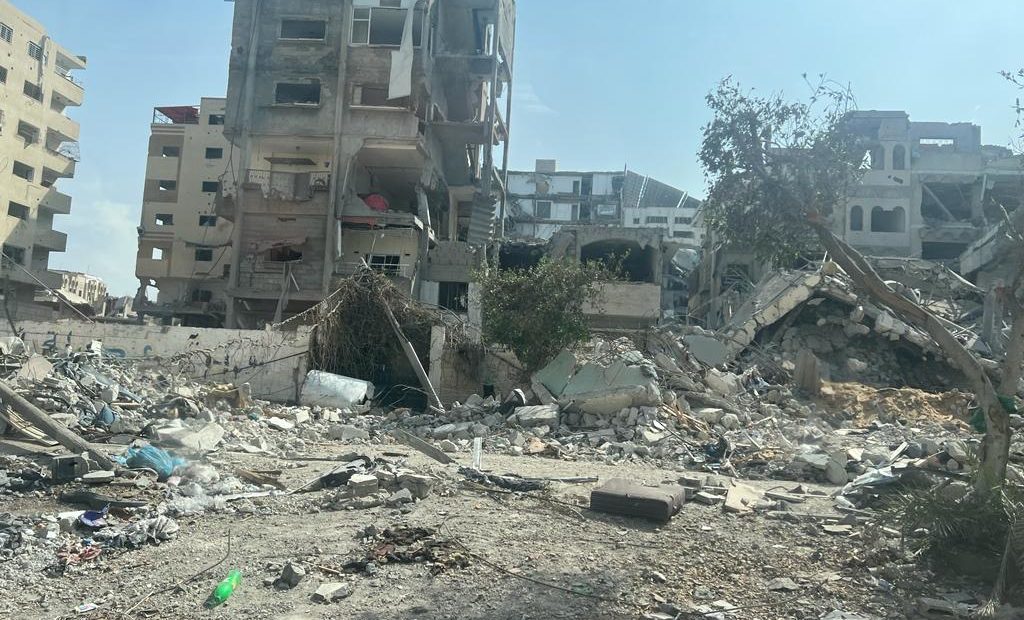Geneva (ICRC) — Present in the region since 1967, the International Committee of the Red Cross (ICRC) considers the West Bank, including East Jerusalem, as well as the Gaza Strip, which constitute the Occupied Palestinian Territory, as remaining under Israeli occupation governed by treaty and customary rules of International Humanitarian Law (IHL), comprising the rules of belligerent occupation, and by International Human Rights Law (IHRL).
ICRC’s longstanding legal position is that the establishment and expansion of civilian settlements by Israel in the occupied West Bank is incompatible with Israel’s obligation under article 49(6) of the Fourth Geneva Convention of 1949, prohibiting the transfer of part of the Occupying Power’s civilian population into the territory it occupies. The settlement enterprise has resulted in additional violations of IHL and humanitarian consequences for the occupied population including expropriation; damage and destruction of private property; misuse of public property; displacement of Palestinians; as well as Israeli settlers’ violence against Palestinians and their property.
The ICRC has consistently been asserting that the whole Israeli settlement enterprise undermines the raison d’être of the law of occupation. It fundamentally changes the status quo ante by creating facts on the ground that risk being permanent and generate far-reaching humanitarian consequences for Palestinians living under occupation. The settlement enterprise also shows how the State of Israel has used the broad powers granted to it by occupation law with a view to using the resources – or other assets of the territory it occupies – for the benefit of its own territory or population without discharging its correlative duties vis-à-vis the occupied population.
The ICRC remains deeply concerned by the humanitarian impacts that unilateral formal annexations – such as the annexation of East Jerusalem – or de facto annexation of parts of the West Bank have had and will continue to have on protected persons, as well as by past and current measures which create a constant state of unlawfulness under the law of occupation.
Unilateral annexations are inconsistent with the letter and the spirit of the law of occupation as well as with its underpinning principles. They have no effect on the legal status of the occupied territories under international law; nor do they have any bearing on the applicability of the law of belligerent occupation to these territories. IHL is clear that protected persons remain protected regardless of any annexation.
The ICRC has repeatedly condemned deliberate attacks against Israeli civilians and stressed that such acts are in clear violation of IHL. It recognizes Israel’s right to take measures to ensure the security of its population. However, these measures must respect the relevant rules of IHL and IHRL.
The ICRC remains convinced that improving compliance with IHL and IHRL in the Occupied Palestinian Territory is a crucial factor in helping to reduce the suffering of all those affected. The ICRC also remains close to those affected by armed conflicts, and will continue working on the ground to help alleviate their suffering.
The ICRC calls on all States to respect and ensure respect for IHL in all circumstances in accordance with their obligation under Common Article 1 to the Geneva Conventions of 1949.



Comments